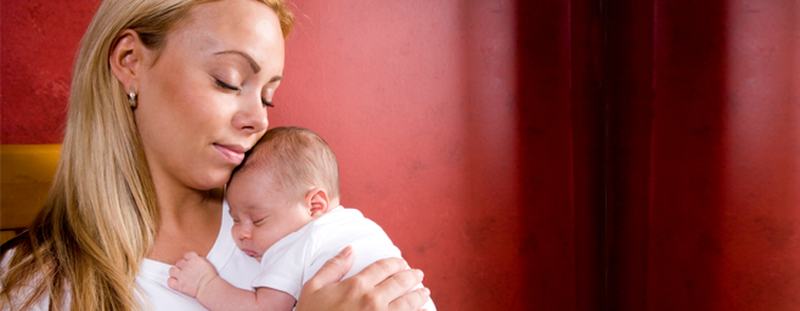Circumcision is a surgical procedure to remove the flap of skin covering the tip of the penis. The area may or may not be numbed with medication, and then the flap of skin protruding past the end of the penis is surgically removed. The area is bathed in Vaseline, wrapped in gauze and with proper care it heals rather quickly. Proper post circumcision care is essential for full recovery.

Why Circumcise?
Religious beliefs, cultural doctrines, and medical reasons are the common deciding factors. In Jewish and Islamic teachings as well as aboriginal tribes in Australian and Africa, all teach it as a practice of required cleanliness.
Hygiene is another reason to circumcise males. It is much easier to clean the penis without the foreskin overlapping. Bacteria and debris find the flap of skin a perfect place to thrive. Some cultures believe this surgery will prevent or limit sexually transmitted diseases. Circumcision does not affect the productive tract at all. It does reduce the incidence of infections in the urinary tract.
Post Circumcision Care for Infants and Toddlers
What to Look for
There should not be much bleeding after the circumcision- a small dot here and there, but nothing more. A minimal amount of swelling is not unusual. However, it should subside within 24 hours. Otherwise, it may indicate a serious issue.
How to Care
Keep the penis protected and covered. After surgery, a bandage with petroleum jelly will be placed on his penis. This will usually fall off the next time your baby pees. There is disagreement regarding whether it is necessary to continue bandaging the circumcision while it is healing. Ask your doctor and follow their advice. If you’ve been advised to continue, then you will need to smear a little petroleum jelly on the tip of the penis before wrapping a little gauze or bandage around it. This works to keep the dressing from sticking to the skin. If your doctor’s inclination is not to use a dressing, then you will simply dab on a bit of petroleum jelly or antibiotic ointment after every diaper change for the first couple days. This will work to keep your baby’s diaper from rubbing uncomfortably against the healing skin.
If your baby seems more irritable, ask your pediatrician if Tylenol is appropriate to relieve the discomfort. Pay close attention to how wet the diapers are- weigh them if possible, a reduction in urine can be a sign of problems.
Encourage toddlers to drink water rather than juice due to the vitamin c acids in them. Should their appetite diminish significantly watch for evidence of infection and ask if they hurt?
When to Seek Help
When it comes to post circumcision care, fever is a sign of inflammation or infection, should his temperature rise above normal check the site for redness and swelling. Pay particular attention to the color of fluids seeping from the penis or the surgical site. Yellow may indicate an infection and mandate you take the baby to the nearest medical facility to be examined.
A loss of appetite or vomiting is another symptom to be concerned about. That doesn’t mean you need to dial 911 if a single incident occurs or one meal is missed. Keep the baby well hydrated, plenty of water and formula as tolerated.
A reduction in urine output must be reported to the doctor right away, there may be something restricting the urine excretion, or the baby isn’t making enough urine. Both scenarios could be dangerous.
With toddlers you will want to restrict their activities that involve riding toys, the extra pressure on the post circumcision area could be painful or cause bleeding.
Circumcision in Adults
The care for adults is much the same as for young children and infants. The surgical site must be kept clean and moisturized. A barrier such as Vaseline should be applied to prevent adhesion to fabrics or underwear.
Most adults, post circumcision are given a preventative prescription for antibiotics. Decreasing the likelihood of infection is preferred. The pain for adults is also significantly worse, as the nerves are fully developed, thus pain medication is usually offered.
Sex should be avoided for up to 6 weeks. The discomfort may lessen after a few weeks, but the possibility of infection remains high.
When to Call Your Doctor
Notify your physician if redness, swelling or excessive bleeding occurs. Expect a small amount of swelling and bruising at the site, but very little bleeding. When the pain cannot be controlled with the medication provided, something may be wrong.
Keep track of how much liquid you are drinking and how many times you urinate. Note the color, amount, and odor of the urine as well. Keep a little notebook- this could be valuable post circumcision information for your urologist.
View All Comments /Add Comment